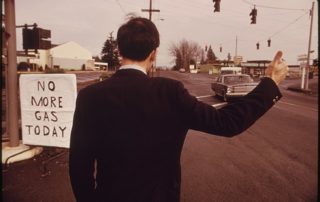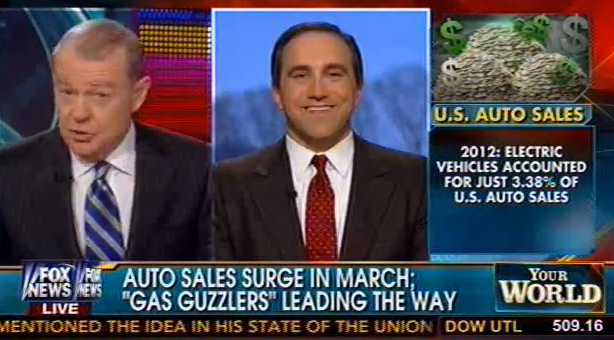Gas shortage: toilet paper 2.0
Why rob banks? "That's where the money is." Why attack energy? That's what drives the economy. Gas line during Hurricane Sandy I had to visit three gas stations today to find enough fuel to run an errand for my child and then get to a meeting. The East Coast is experiencing the kind of gas shortages today we usually only see during major hurricanes. It also reminds those of us old enough to remember, of the long lines and closed pumps we endured during the Carter-era energy crisis. A Russia-based criminal enterprise named "DarkSide" launched a cyber attack against [...]


